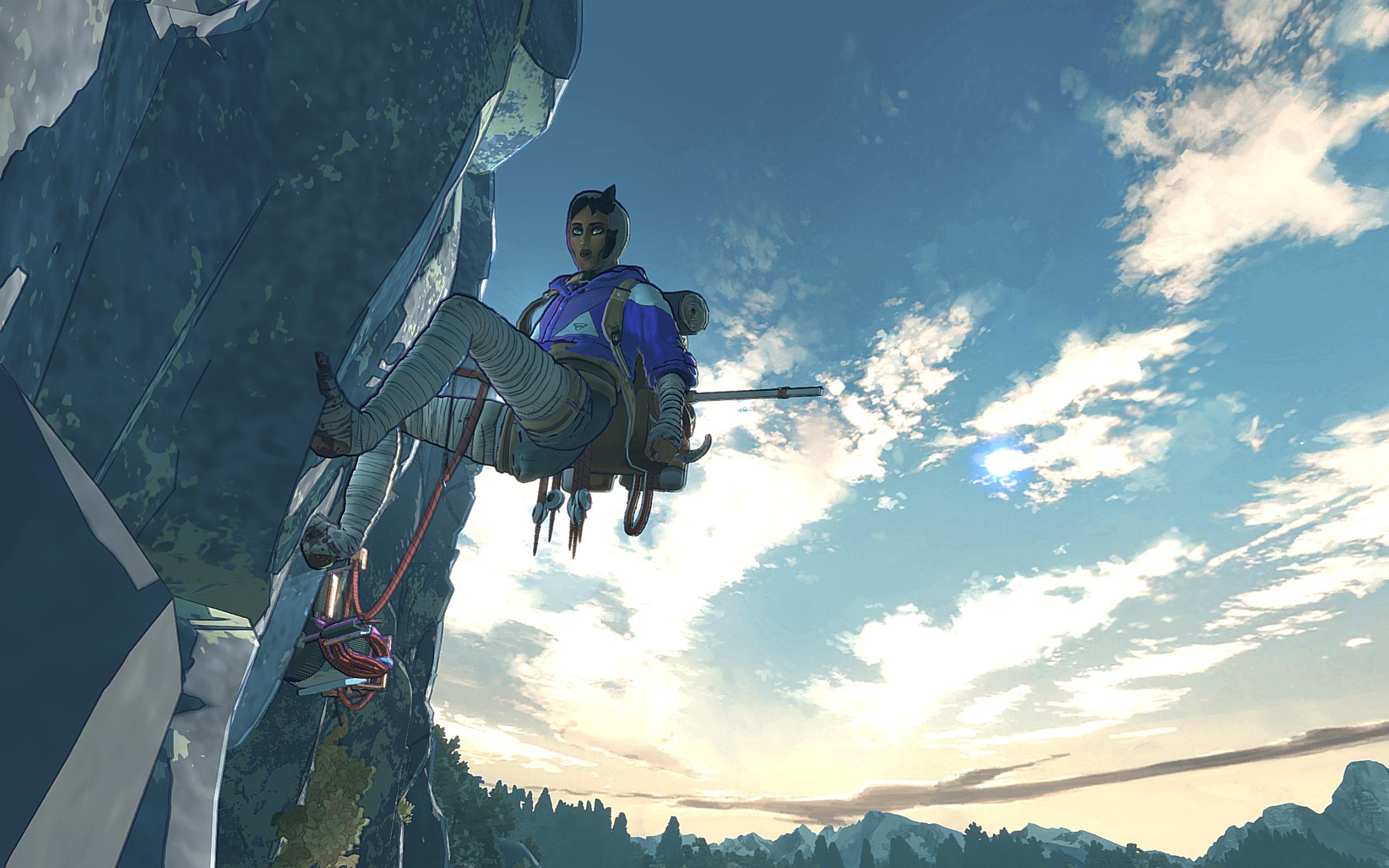If you use inverted camera controls, you might rotate shapes in your mind more slowly—but more accurately!—according to a recent neuroscience study
To learn the mysteries of the mind, we must first rotate a cube.

While history counts a lengthy and horrific tally of the arbitrary divisions we draw amongst ourselves, there have been and will ever be only two kinds of people: those who invert their camera controls and those who don't. And now, thanks to a recent study from MIT researchers, we might have a better idea why (via The Guardian).
Prompted by a 2020 Guardian article that asked experts why some gamers naturally prefer inverted controls—even if some of us consider it an affront to both ethical convention and good taste—visual perception and cognitive neuroscience researchers Dr Jennifer Corbett and Dr Jaap Munneke surveyed hundreds of remote subjects to study the neurological implications of controller inversion preference.
Their findings, published last month in a paper called "Why axis inversion? Optimising interactions between users, interfaces, and visual displays in 3D environments," indicate that the neuroscience influencing whether or not you instinctively think up should be down is more complicated than conventional wisdom would have us believe. If you prefer inverted camera controls, it might not just be because your instincts assume everything should control like an airplane because you were playing flight sims when you first held a controller.
"None of the reasons people gave us had anything to do with whether they actually inverted," Corbett told The Guardian.
After reviewing the "fragmented research across disciplines" relevant to control inversion preference—there had been only one previous study that directly investigated the psychology of y-axis inversion—Corbett and Munneke "conducted an exploratory investigation of the relationship between 28 key user experience, behavioral, and cognitive factors." First, the study's remote subjects completed a questionnaire to establish variables related to their gaming histories, control habits, and demographics.
And then, as in all important scientific inquiry, they rotated shapes in their minds.
Participants completed four Zoom-administered experiments designed to examine cognitive factors that Corbett and Munneke suspected might influence y-axis inversion preferences. And more than any other factor—more than age or genre preference or handedness—the best predictor of a participant's control inversion preferences was their performance on tasks related to processing visual and spatial information.
Specifically, there was a strong correlation between inversion preference and how quickly the subject could mentally rotate a 3D shape and complete a task where they had to overcome the "Simon effect," a psychological phenomenon that shows people react more quickly when stimulus and response take place on the same side of a screen.
Keep up to date with the most important stories and the best deals, as picked by the PC Gamer team.
"The faster they were, the less likely they were to invert," Corbett told The Guardian. "People who said they sometimes inverted were by far the slowest on these tasks."
Crucially, however, that speed doesn't necessarily imply accuracy. Corbett said that non-inverted participants, while faster, "didn't get the correct answer more than inverters, who were actually slightly more accurate."
In short, whether or not you use inverted camera controls might not be a product of habit and personal gaming history like we tend to assume. Instead, Corbett and Munneke's research seems to indicate that our y-axis inversion preferences are related to how we process and conceptualize visual and spatial information.
While we still have a "gaping hole" in our understanding of how our brains parse 3D space, Corbett and Munneke say studies like theirs can help inform how we interface with control technologies in fields outside of gaming, like laparoscopic surgery.
"Being able to learn and predict how a person will interact within a given environment can bring about monumental advancements to improve user experience and increase safety and efficiency," they write in their paper. "We hope that this work serves as a foundation for many future investigations of user-inspired, real-world problems and helps to bridge the gap between academic and applied knowledge."
2025 games: This year's upcoming releases
Best PC games: Our all-time favorites
Free PC games: Freebie fest
Best FPS games: Finest gunplay
Best RPGs: Grand adventures
Best co-op games: Better together
Lincoln has been writing about games for 11 years—unless you include the essays about procedural storytelling in Dwarf Fortress he convinced his college professors to accept. Leveraging the brainworms from a youth spent in World of Warcraft to write for sites like Waypoint, Polygon, and Fanbyte, Lincoln spent three years freelancing for PC Gamer before joining on as a full-time News Writer in 2024, bringing an expertise in Caves of Qud bird diplomacy, getting sons killed in Crusader Kings, and hitting dinosaurs with hammers in Monster Hunter.
You must confirm your public display name before commenting
Please logout and then login again, you will then be prompted to enter your display name.




